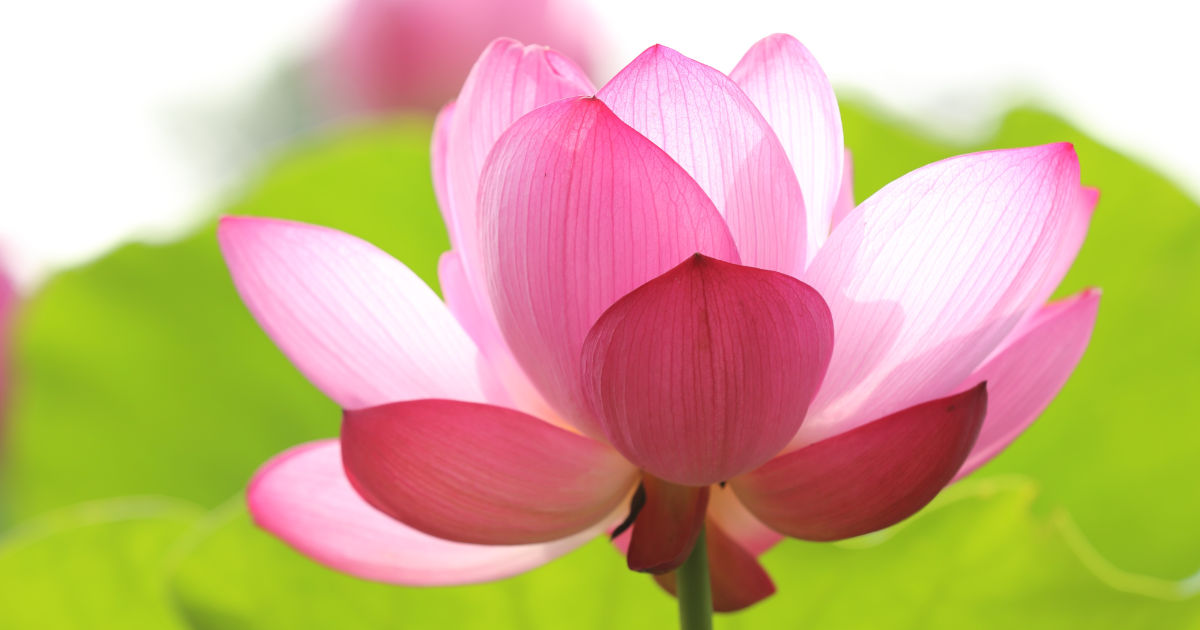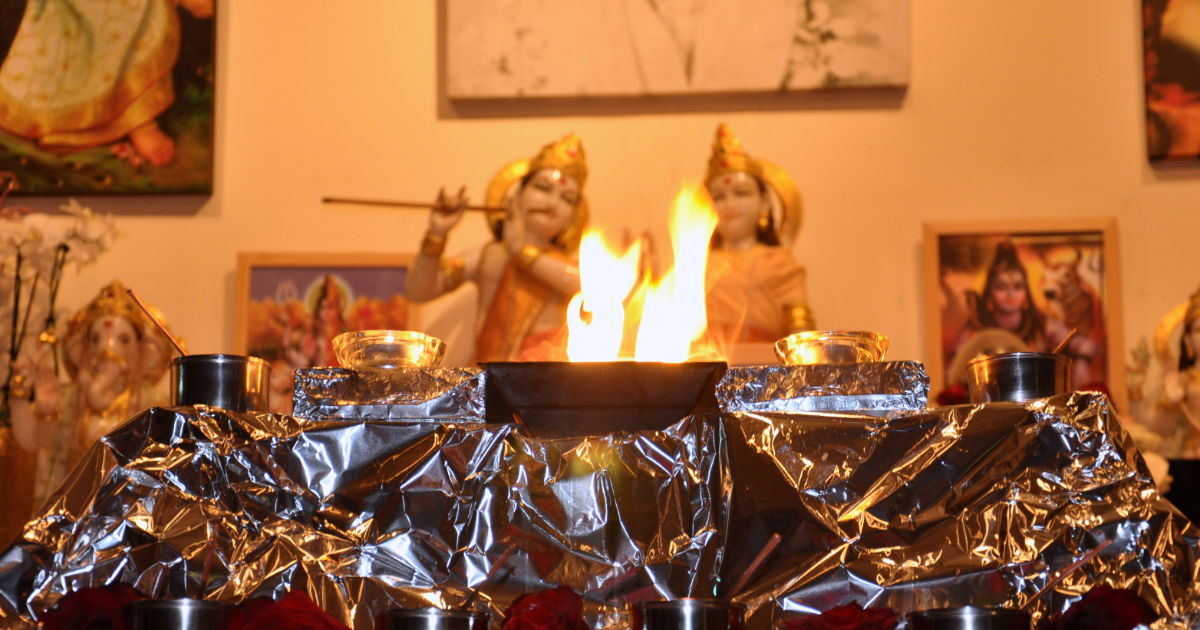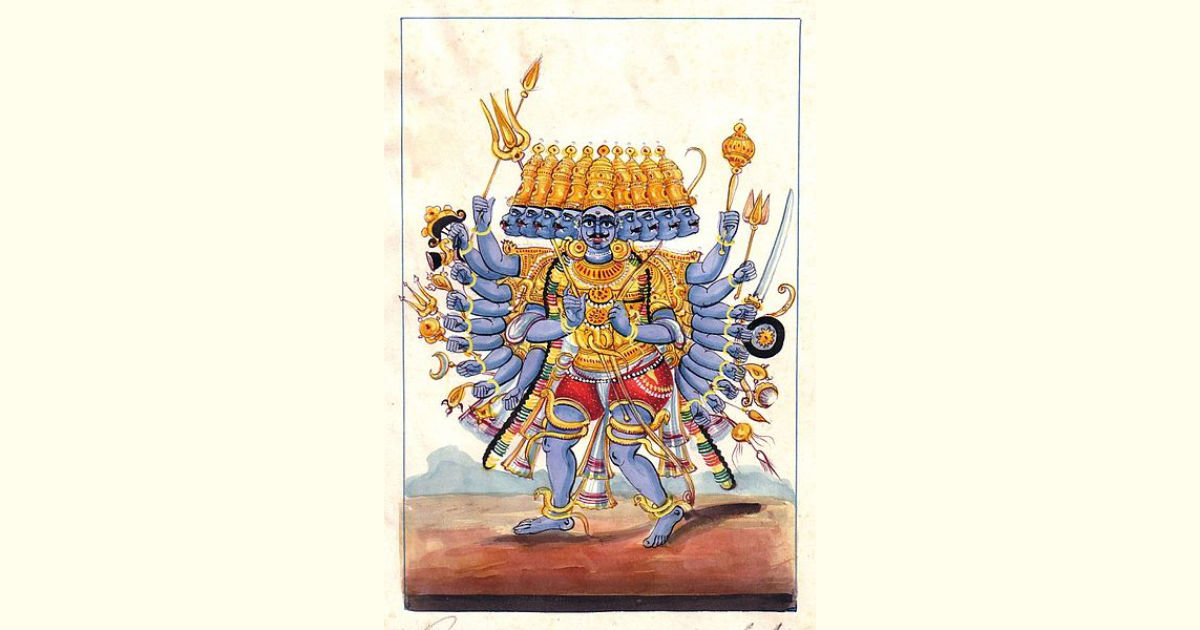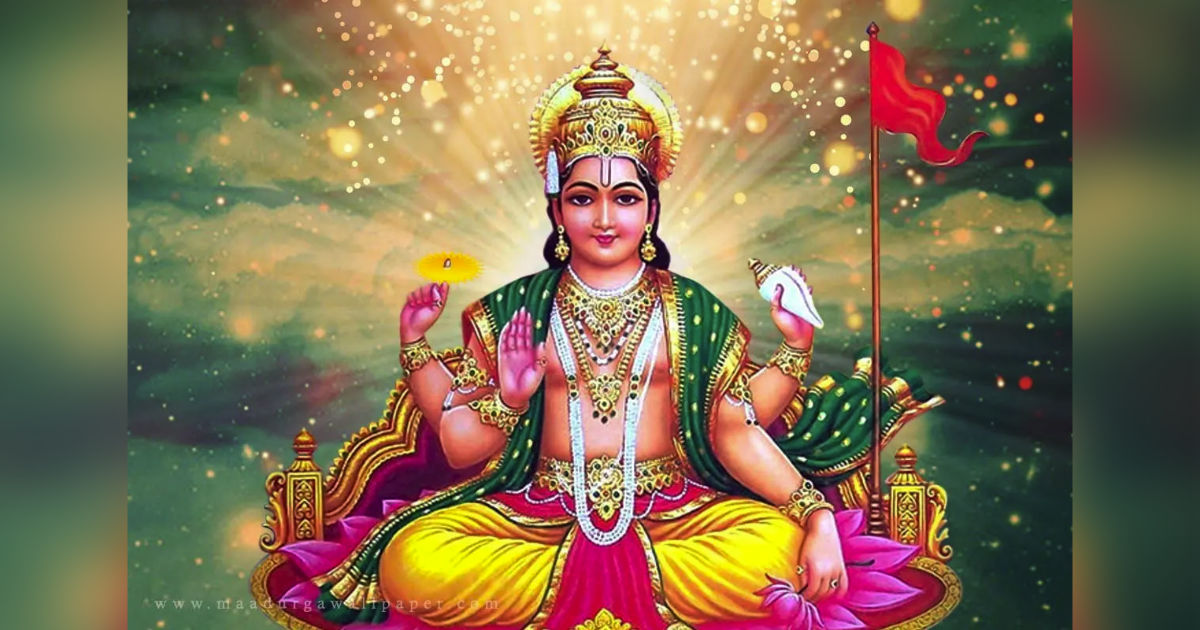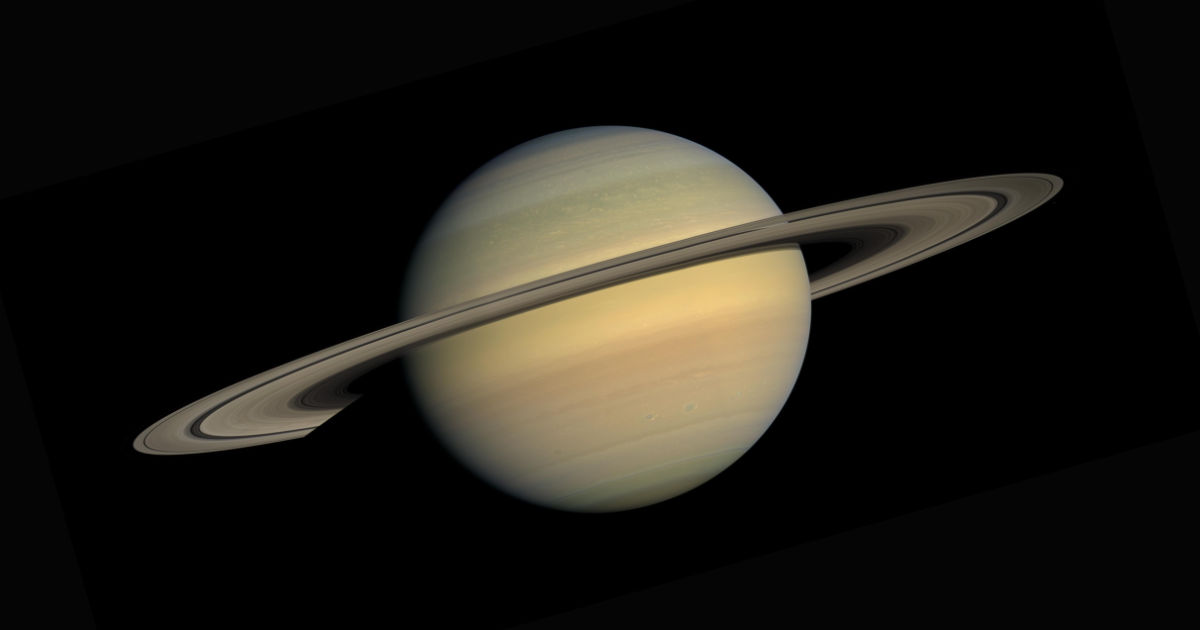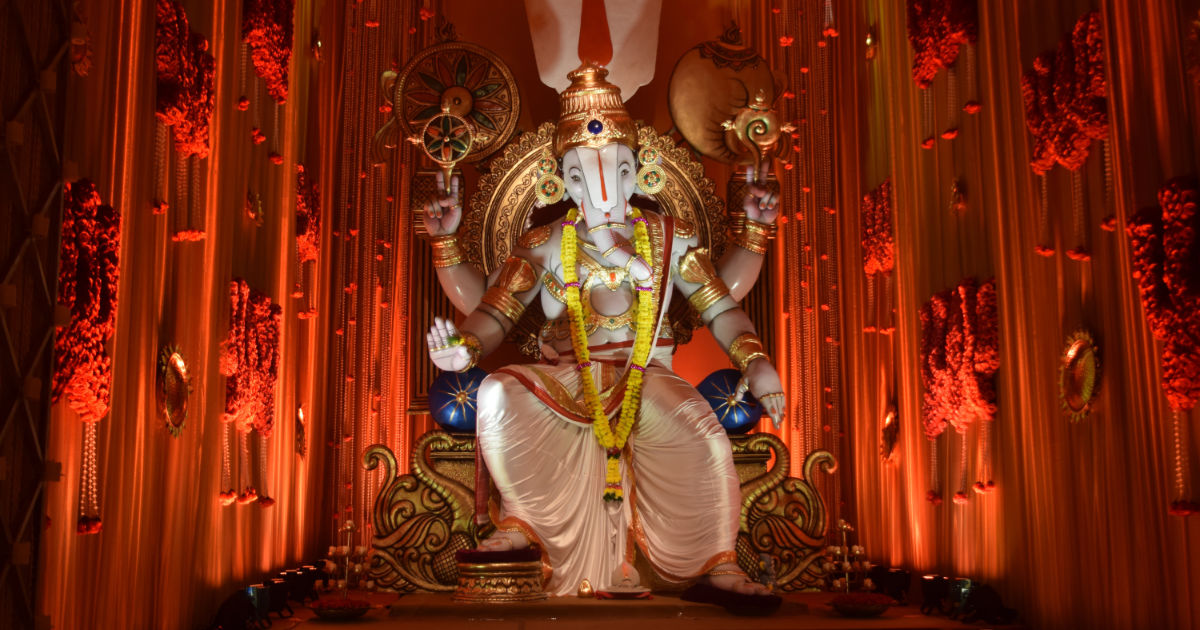Who is this hero? What are the qualities such a hero should have? Dear ones, I will list them.
Heroic deeds.
Marvelous feats of strength and bravery.
Sense of duty.
Great skill in military tactics.
Crossing the sea in one leap.
Lifting a mountain peak in the palm of his hand.
Carrying his brothers on his shoulders from the nether world.
An ideal Nishkama-Karma Yogi or Selfless Worker.
Bhakta
Brahmachari.


